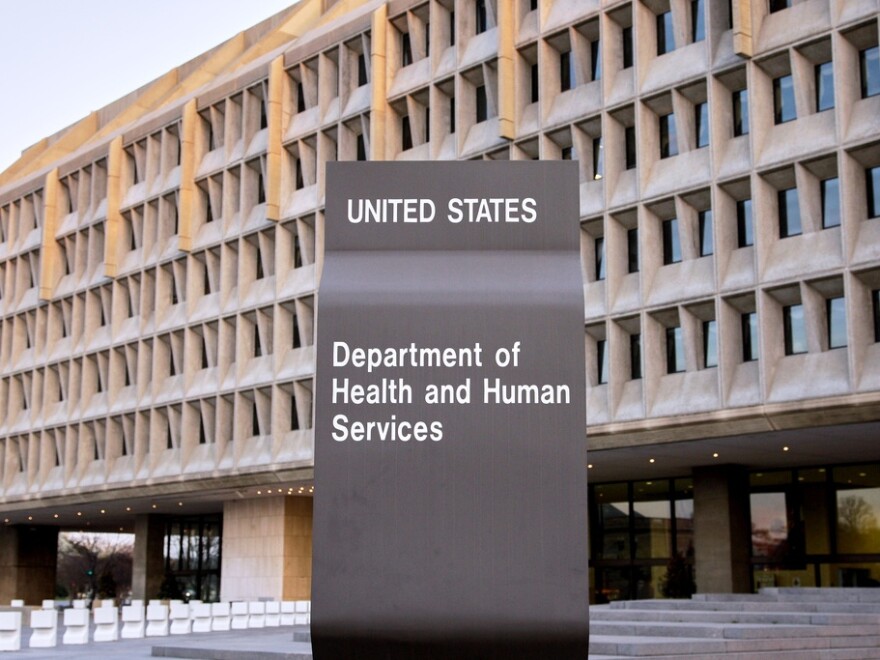New research sheds light on why the immune system sometimes turns against the body, leading to autoimmune diseases that affect approximately 50 million Americans and millions more worldwide. These complex conditions are challenging to diagnose and treat, and their prevalence appears to be increasing.
Autoimmune diseases occur when the body’s immune system mistakenly attacks its own healthy cells, resulting in chronic inflammation and tissue damage. Conditions such as rheumatoid arthritis, lupus, and multiple sclerosis are among the most common, causing significant health challenges and impacting the quality of life for those affected.
Rising Incidence and Challenges in Diagnosis
The National Institutes of Health (NIH) reports that autoimmune diseases are on the rise, prompting researchers to explore their underlying mechanisms. The increase in diagnosed cases may be due to improved awareness and advancements in medical technology, but the reasons for the actual rise remain unclear.
Diagnosing autoimmune diseases is notoriously difficult. Symptoms can mimic other health issues, and laboratory tests may yield inconclusive results. According to the Mayo Clinic, many patients experience a lengthy diagnostic journey, often consulting multiple specialists before receiving an accurate diagnosis.
Research from the University of California, San Francisco emphasizes that early diagnosis is crucial. The sooner a patient receives treatment, the better the chances of managing the disease effectively. However, the complexity and variability of symptoms make it a significant challenge for healthcare providers.
Exploring the Mechanisms Behind Autoimmunity
Current studies are focusing on the mechanisms that trigger the immune system’s misguided attacks. One promising area of research involves the role of the gut microbiome. Scientists are investigating how the balance of bacteria in the digestive system may influence immune responses.
According to findings published in June 2023, certain gut bacteria can affect inflammation and immune regulation. This research opens the door to potential treatment strategies that involve modifying the microbiome to restore immune balance.
Another focus is the genetic predisposition to autoimmune diseases. Researchers are discovering specific genes that may increase susceptibility. Identifying these genetic markers could lead to earlier interventions and targeted therapies.
Despite the challenges in understanding autoimmune diseases, advancements are being made. Collaborative initiatives, such as those backed by the World Health Organization (WHO), aim to pool resources and knowledge across countries to enhance research efforts.
The growing body of research underscores the importance of awareness and education about autoimmune diseases. With millions of individuals affected, fostering understanding among healthcare providers and the public is essential for improving diagnosis and treatment outcomes.
As scientists continue to unravel these complexities, the hope is that innovative treatments will emerge, offering relief to those battling autoimmune conditions. The efforts to understand the immune system’s “dark side” may ultimately lead to breakthroughs that enhance the quality of life for millions.







